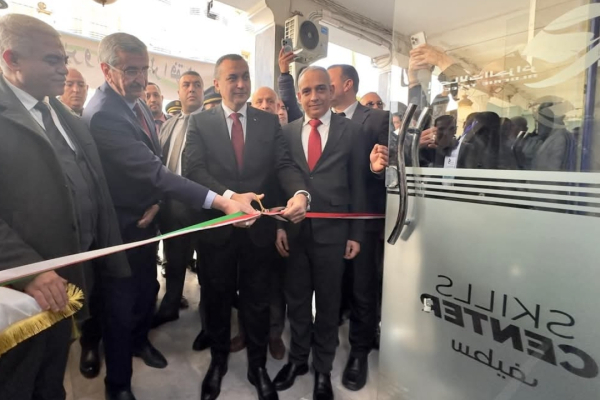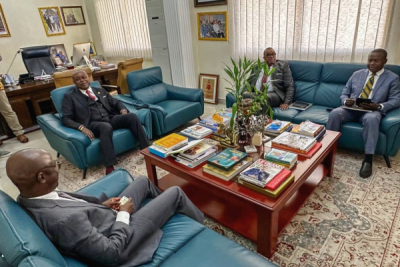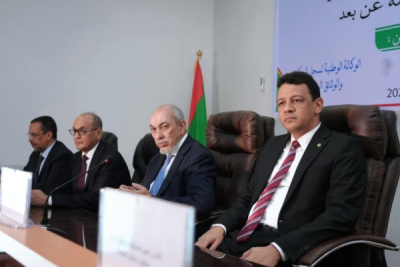The Algerian government has made digital transformation a key pillar of the country’s socioeconomic development. Beyond investing in infrastructure, authorities are also focused on equipping the population with the digital skills needed to achieve these ambitions.
Algeria's Minister of Post and Telecommunications, Sid Ali Zerrouki, inaugurated a Skills Center in Sétif on February 20. The center will provide free training for young people in advanced digital technologies.
Similar infrastructure will be established nationwide to equip Algerian youth with future-ready skills, enabling their integration into the national and global digital economy. They will offer training in Artificial Intelligence (AI), Cloud Computing, the Internet of Things (IoT), Cybersecurity, and other Information and Communication Technologies (ICT) fields.
The initiative aligns with Algeria Digital 2030, the government’s national strategy, which aims to accelerate Algeria’s digital transformation by expanding ICT adoption across all economic sectors and developing a skilled workforce by prioritizing capacity building as one of its five key pillars.
The importance of digital skills is growing across Africa. According to the World Bank, an estimated 230 million jobs in Sub-Saharan Africa will require digital expertise by 2030. While Algeria is not part of this region, the trend underscores the necessity of digital training for the continent’s economic transformation. A joint study by the International Finance Corporation (IFC) and Google predicts that Africa’s digital economy will be worth at least $712 billion by 2050, representing 8.5% of the continent’s GDP.
By Isaac K. Kassouwi,
Editing by Sèna D. B. de Sodji



















